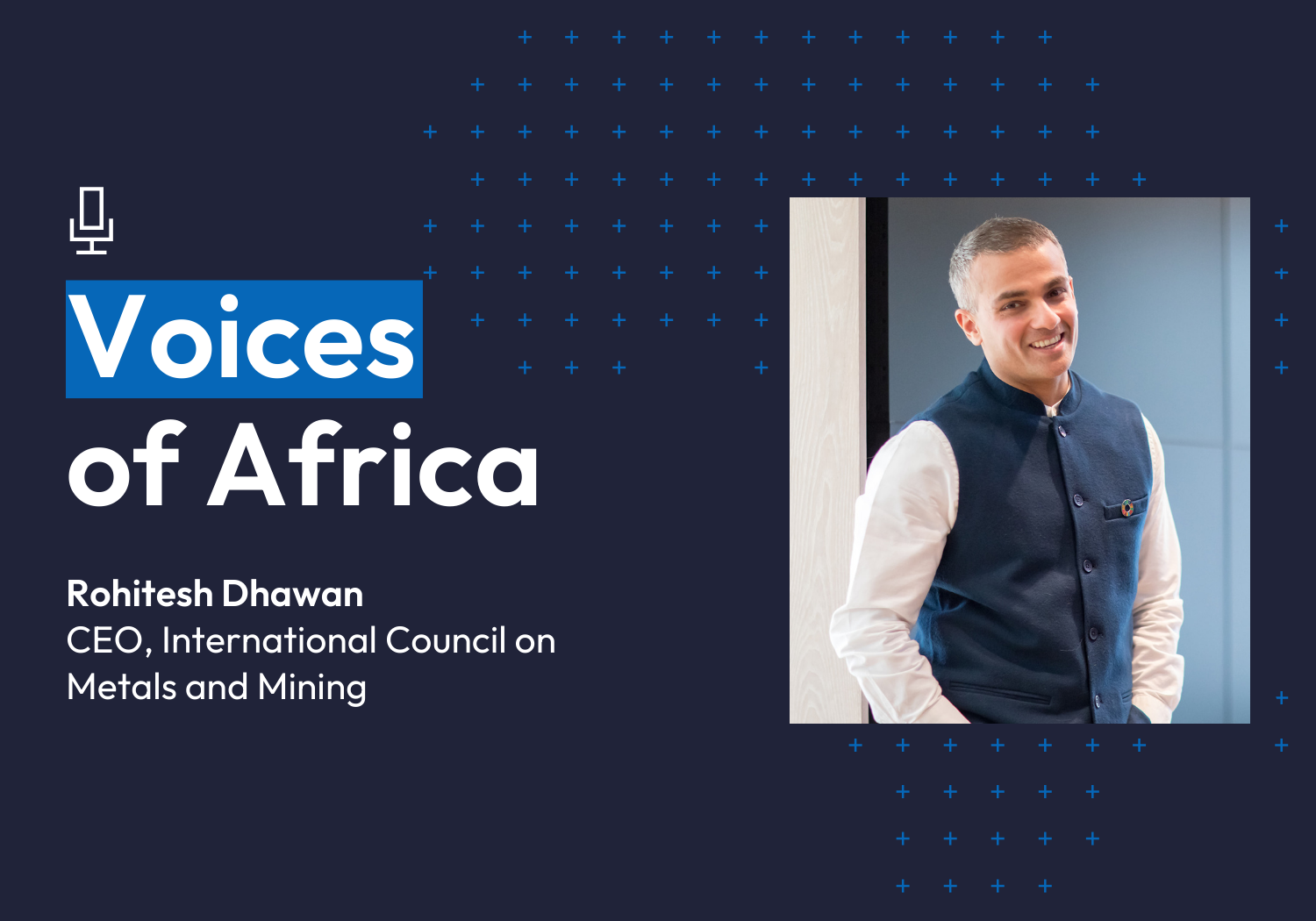We are excited to announce that Brink is now part of Africa Practice. Learn more
Corporate governance: A crucial aspect of value creation

The greatest challenge we face in scaling up clean energy technologies quickly enough to meet climate goals may not be intransigence from the fossil fuel industry or failure to regulate a global carbon market.
Rather, it is the risks that inadequate corporate governance poses to partnerships between governments and multinationals in mineral-rich, developing nations. The mining industry clearly recognises this and is looking for new solutions to manage these risks.
Accessing capital increasingly depends on meeting ESG requirements. Over the past 18 months, the mining industry has been reevaluating portfolios and practices, and integrating net zero carbon targets into corporate strategies and reporting. Mining companies are investing more and more in environmental and social initiatives to future proof their business models, but they have been slower to evolve and adapt to governance practices.
A new formula
Corporate governance has always been a requirement for capital markets, but with governments wanting to play a bigger role in the sector today, investors are more vigilant.
Most mining licences in Africa are awarded to companies in which the government is a shareholder, usually with a stake of between 5% and 20% and often with a free carry. This role as both shareholder and regulator presents corporate governance challenges, which are peculiar to the natural resources sector and which most corporate governance frameworks fail to adequately address.
Without a new formula for success – including, but not limited to, more effective board representation and increased proactive reporting – companies will struggle to gain investor confidence and community trust and mineral supplies may not keep pace with what is needed to meet global climate goals.
The argument for reevaluating corporate governance practices is increasingly clear. The role of governments in the mining industry is growing as they seek to gain greater control of mineral supply through initiatives such as the Minerals Security Partnership or to secure more economic benefit from their natural resources. Last year Mali, for example, signed into law a decree allowing the government to take a stake of 35% in mining projects, up from 20%.
Reconciling agendas
History shows us that joint ventures most often fail due to strategic misalignment between shareholders, matched by cultural (ways of working and engaging), value and structural misalignment.
Co-creating a vision for an asset and a company in which the government has a stake and agreeing on ways of working, as well as return on equity (taxes, dividends, royalties), is core to managing tensions that inevitably arise at the intersection of politics and commerce. Divergent interests between parties can quickly destroy value, as the recent closure of the Cobre mine in Panama shows.
In her excellent book Corporate Governance, Sheila Khama shares her considerable personal experience to assess the underlying conditions and dynamics that constrain or benefit relationships between host governments and investors in the mining sector.
She identifies a mutual dependency – on the one hand, the requirements that governments have for investors’ financial and technical resources and on the other, investors’ uninterrupted need to access and evacuate natural resources. She points out that this mutual dependency, “gives a false appearance of converging interests, while the reality is more like an alliance born of necessity”.
Khama’s message is clear: mining company boards might represent conflicting interests, with nominees of public shareholders mandated to achieve electoral outcomes, and private investors driven largely by a profit motive. The risk that this poses for a business – both in terms of longterm strategy and daily deployment of resources – requires strong governance frameworks and careful and conscientious management.
The board’s role in understanding and shaping the political economy in which an entity operates is a prerequisite for strong performance. Collectively the board of directors have accountability for understanding and responding with a single voice to the views of external stakeholders. The role of the chairperson in achieving this single voice is critical. Too often, government nominees are under-capacitated to perform this role.
Before Christmas 2023, I met with the government-nominated chair of the board of a joint venture that is tasked with developing and owning significant port and rail infrastructure for an exceptionally large ore deposit.
We met at my hotel because the chair has no physical office and no staff. It’s not hard to see how this situation undermines the very foundations of the relationship between the host government and investors.
Local voices and interests
There’s ample evidence today that mining companies are doing much more to listen to the views of a broader range of stakeholders than those commonly found in the boardroom. The practice of establishing stakeholder advisory panels, which provide a forum for directors to hear directly from their key stakeholders, is now well established and extends to organisations throughout companies’ supply chains.
By way of example, I was recently asked to help organise a forum for local suppliers to share perspectives on a client’s procurement practices, funding facilities and skills development programmes. The client was keen to learn from their suppliers how these could be refined and strengthened to help grow their businesses.
There have also been notable improvements in the quality of information supplied by companies in respect of how often, and by which mechanism, company boards give consideration to different stakeholder interests. Still, companies can do more to articulate progress on specific issues and establish clear accountability to the public. “Lack of clarity and lack of consensus between government and industry leads to counter allegations and damages relations,” as Sheila Khama states.
Multinational companies, many of whom face a legacy of mistrust in African mining jurisdictions dating from colonial times, have lots to gain from a much clearer articulation of their progress on specific issues of concern to national and local stakeholders. The most progressive companies understand this well – some even make provisions for citizens to be represented in the shareholding of the company, either through a community fund or a local listing.
The greatest bulwark to the threat of punitive taxation or nationalisation remains local ownership. The case for direct local ownership in mining companies warrants further investigation. So does the potential for neighbouring governments to hold equity stakes in each other’s projects, particularly in situations where the resource base is close to a shared border and the evacuation route would benefit from regional collaboration and shared infrastructure, or where opportunities for beneficiation and value chain collaboration across borders exist.
A sustainable equilibrium
The strength of mining investments in a country reflects resource geology, governance and regulation. Resetting the way the industry operates and shaping Africa’s legal, institutional and regulatory climate to transform mining for good, does not lie with governments. The onus is on companies to find new formulas to protect, grow and share value and to meet the expectations of society.
This article was authored by Marcus Courage for Mining Review Africa magazine.
Proud to be BCorp. We are part of the global movement for an inclusive, equitable, and regenerative economic system. Learn more


